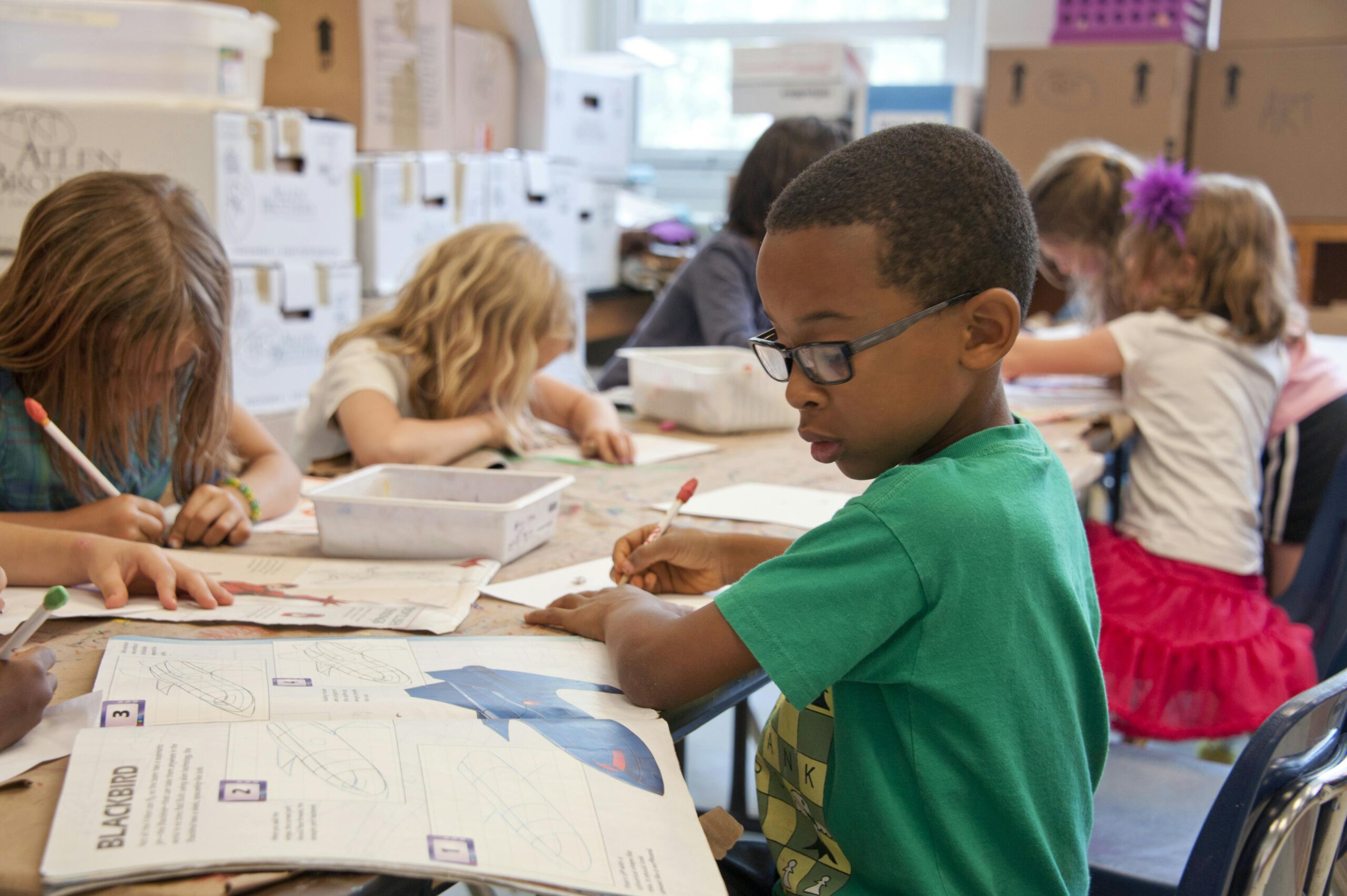Education is a fundamental pillar of society, shaping the minds and futures of individuals. However, traditional one-size-fits-all approaches to education often fail to address the unique needs, strengths, and learning styles of each student. Personalized learning, on the other hand, offers a tailored approach that seeks to meet the individual needs of every student, empowering them to reach their full potential.
What is Personalized Learning?
Personalized learning is an educational approach that seeks to customize the learning experience for each student based on their interests, abilities, and learning pace. It involves tailoring instruction, content, and learning activities to meet the specific needs of individual students, rather than adopting a uniform approach for all students.
Key Principles of Personalized Learning
- Student-Centered Approach: Personalized learning puts students at the center of the learning process, recognizing that each student is unique and learns in different ways.
- Flexible Learning Paths: Personalized learning allows students to progress through the curriculum at their own pace, enabling them to spend more time on concepts they find challenging and move quickly through material they have mastered.
- Individualized Instruction: Personalized learning involves providing individualized instruction and support to students based on their learning needs and preferences.
- Use of Technology: Technology plays a crucial role in personalized learning, providing tools and resources that enable students to learn in ways that are engaging and effective for them.
- Continuous Assessment: Personalized learning involves ongoing assessment of student progress, allowing teachers to adjust instruction and provide additional support as needed.
Benefits of Personalized Learning
- Improved Academic Performance: Personalized learning has been shown to improve academic performance, as students are more engaged and motivated when learning is tailored to their interests and abilities.
- Increased Motivation: Personalized learning helps increase student motivation by giving them more control over their learning and allowing them to see the relevance of what they are learning to their own lives.
- Enhanced Learning Outcomes: Personalized learning can lead to deeper learning outcomes, as students are able to focus on mastering concepts rather than just memorizing facts.
- Better Preparation for the Future: Personalized learning helps students develop the skills they need to succeed in the future, such as critical thinking, problem-solving, and self-directed learning.
Challenges and Considerations
- Implementation Challenges: Implementing personalized learning can be challenging, as it requires significant changes to traditional teaching methods and curriculum.
- Equity Concerns: There are concerns that personalized learning may exacerbate existing inequalities in education, as students from disadvantaged backgrounds may not have access to the same resources and support as their peers.
- Teacher Training: Personalized learning requires teachers to have the skills and training to effectively implement this approach, which may require additional professional development.
Conclusion
Personalized learning has the potential to transform education by ensuring that every student receives a customized learning experience that meets their unique needs and strengths. By embracing personalized learning, educators can create more engaging and effective learning environments that empower students to succeed.





